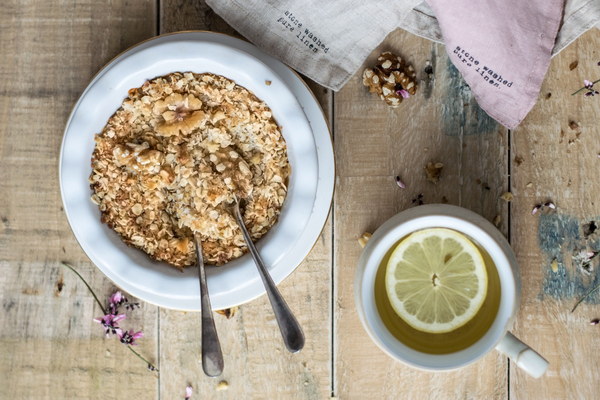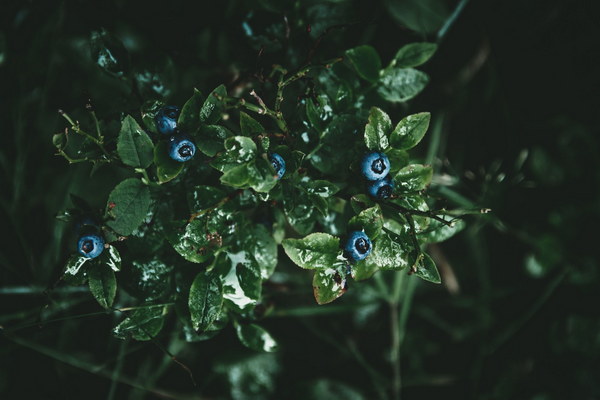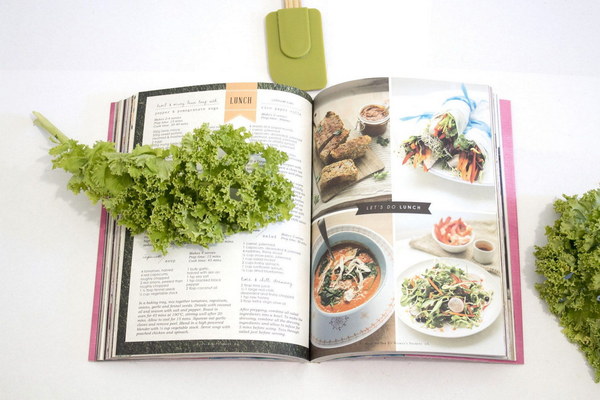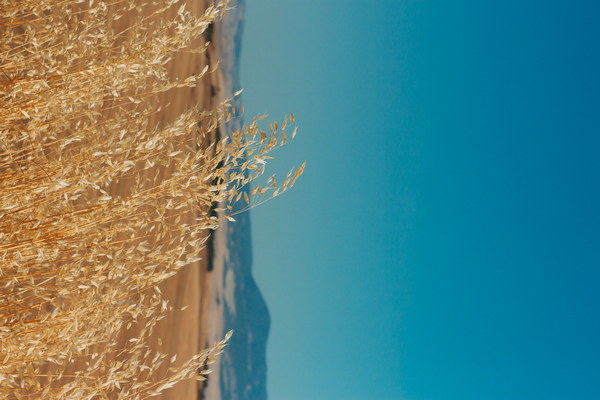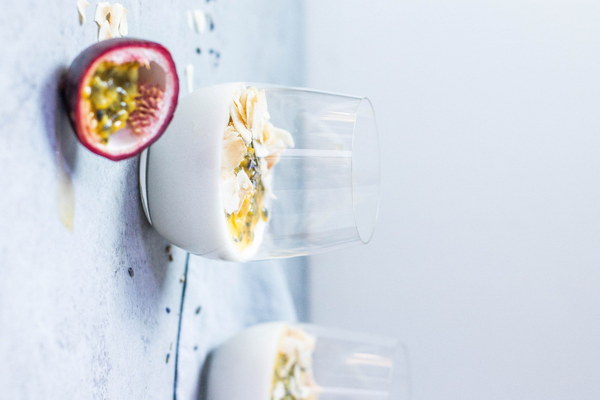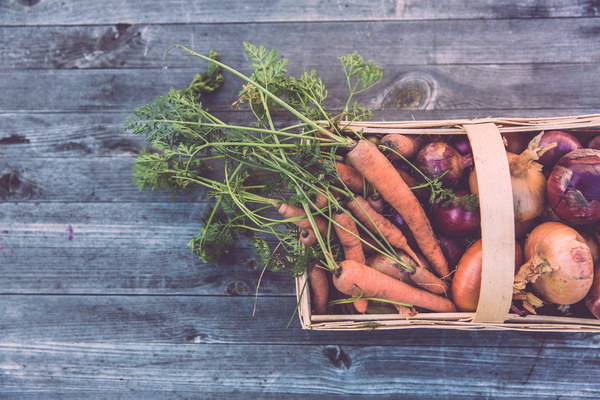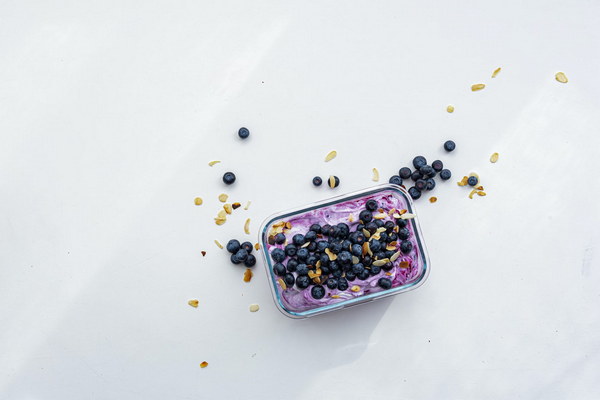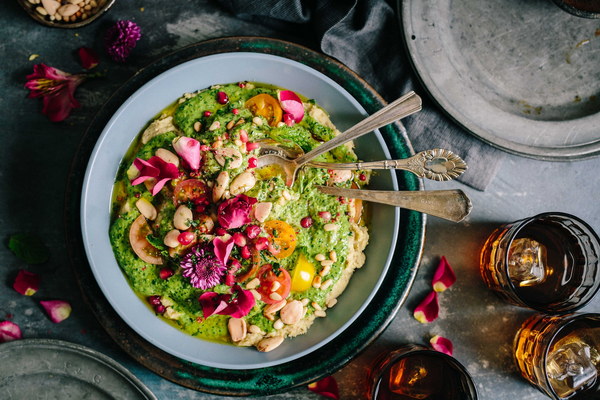Unlock Nature's Secret Discover the Wonders of Moisture-Wicking Herbs for Health and Wellness
In the pursuit of health and wellness, ancient wisdom has always held a special place in the hearts of many. One such tradition is the use of herbs with moisture-wicking properties to combat dampness in the body. These natural remedies have been passed down through generations, and now, with the help of modern science, we can uncover the wonders of these herbs and their remarkable benefits.
What is Dampness?
Dampness, also known as damp-heat in traditional Chinese medicine, refers to a condition where excess moisture accumulates in the body. This can be caused by various factors, such as an overconsumption of cold and raw foods, exposure to damp environments, or an internal imbalance in the body's energy (Qi).
When dampness accumulates, it can lead to a host of health issues, including fatigue, weight gain, bloating, and even more severe conditions like arthritis and joint pain. By using moisture-wicking herbs, we can help to eliminate dampness and restore balance to the body.
Top 5 Moisture-Wicking Herbs
1. Cinnamon (Cinnamomum cassia)
Cinnamon is not only a delicious spice but also an excellent herb for removing dampness. It has warming properties that can help to stimulate circulation and aid in digestion. In traditional Chinese medicine, cinnamon is often used in combination with other herbs to treat dampness-related issues.
2. Coptis Root (Coptis chinensis)
Coptis root is a potent herb that has been used for centuries to combat dampness and heat in the body. It is known for its strong antibacterial and anti-inflammatory properties, making it a valuable herb for treating conditions such as urinary tract infections and gastrointestinal disorders.
3. Poria (Poria cocos)
Poria is a mushroom-like herb that has been used in traditional Chinese medicine for thousands of years. It is highly effective in draining dampness and clearing heat from the body. Poria is often combined with other herbs to treat a variety of conditions, including dampness-related skin issues and respiratory problems.
4. Astragalus (Astragalus membranaceus)
Astragalus is a well-known immune-boosting herb that also has moisture-wicking properties. It helps to strengthen the body's defense system while eliminating dampness. Astragalus is commonly used in combination with other herbs to treat chronic fatigue, weakness, and dampness-related conditions.
5. Ganoderma (Ganoderma lucidum)
Ganoderma, or reishi, is a highly prized medicinal mushroom known for its anti-inflammatory and immune-boosting properties. It has been used to treat a wide range of conditions, including dampness and fatigue. Ganoderma is often consumed as a tea or added to soups and stews to maximize its benefits.
Incorporating Moisture-Wicking Herbs into Your Diet
Now that we have explored the wonders of moisture-wicking herbs, how can we incorporate them into our daily lives?
1. Herbal Teas
Prepare herbal teas using a combination of the herbs mentioned above. For instance, a blend of cinnamon, coptis root, poria, and astragalus can be made into a potent tea to help eliminate dampness and support overall health.
2. Herbal Recipes
Experiment with incorporating these herbs into your cooking. Cinnamon can be added to a variety of dishes, from baked goods to soups and stews. Poria and ganoderma can be used in soups or added to broths for added flavor and health benefits.

3. Supplements
If you are unable to incorporate these herbs into your diet, consider taking them in supplement form. Consult with a healthcare professional to determine the appropriate dosage and combination of herbs for your specific needs.
In conclusion, moisture-wicking herbs offer a natural and effective way to combat dampness and promote health and wellness. By incorporating these herbs into your daily routine, you can unlock the wonders of nature and experience the benefits of ancient wisdom.


